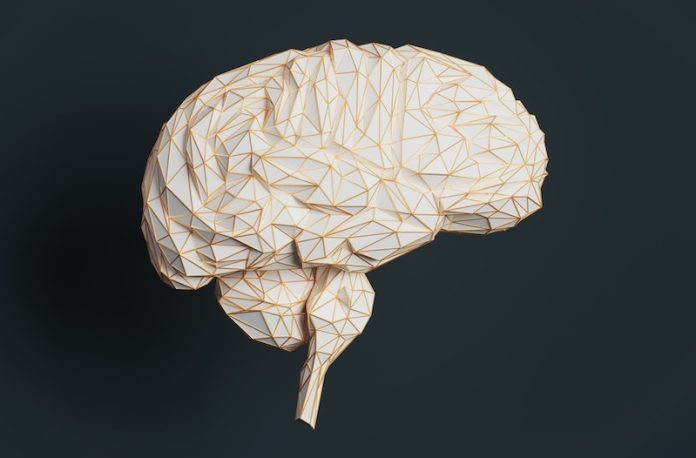
Researchers from Scripps Research and Cardiff University have made a vital breakthrough that could pave the way for a new treatment for Parkinson’s disease.
This new treatment involves using a patient’s cells to create new, healthy cells. This process removes the need for medications that suppress the immune system.
Parkinson’s Disease: A Brief Overview
Parkinson’s disease affects the brain and leads to shaking, difficulty walking, and trouble with coordination. It is caused by a lack of a chemical in the brain called dopamine.
Dopamine helps to regulate movement and mood. People with Parkinson’s do not have enough dopamine because certain cells in the brain, the ones that make this chemical, have died.
Sadly, there is no cure for Parkinson’s disease. Every year, about 90,000 people are diagnosed with Parkinson’s. Worldwide, over 10 million people live with the disease.
There are some treatments that help manage the symptoms, but these do not stop the disease from getting worse.
The New Treatment: Using Our Own Cells
For the last ten years or more, scientists have been studying how they can use a type of cell, known as induced pluripotent stem cells (iPSCs), to treat diseases.
These cells are special because they can turn into any type of cell in the body. The scientists create these iPSCs using a patient’s own skin or blood cells.
The researchers involved in this study made iPSCs from the skin cells of two people with Parkinson’s. They then turned these iPSCs into young brain cells (neurons), the kind of cells that die off in Parkinson’s disease.
They put these new cells into rats that had a version of Parkinson’s disease. They found out that the new cells worked best if they were put into the rat’s brain at a certain stage in their development.
The Results: A Step Towards Personalized Treatment
The lead researcher, Jeanne Loring from Scripps Research, says the results show that personalized therapy for Parkinson’s disease is achievable.
This is because the new cells made from the patient’s own skin or blood cells worked well in the rats. They helped to reverse some signs of Parkinson’s disease.
The researchers also found that these cells worked best if they were not fully developed when they were put into the brain.
If they were less mature, they could still respond to signals in the brain and finish developing there. This allowed them to connect better with other brain cells.
The researchers also looked at which genes were active in the new cells. They found out that certain genes related to cell development were not active in the younger cells, but were active in the older cells.
The younger cells only turned on these genes once they were in the brain and started connecting with other cells.
This could help the researchers make sure the cells are at the right stage of development before they are transplanted into patients.
The Future: Potential Treatment for Other Diseases
This research is an exciting step forward in the search for a cure for Parkinson’s disease. Not only that, it could also help researchers who are using similar techniques to try to find treatments for other diseases.
These include Huntington’s disease, a disease that causes brain cells to die; age-related macular degeneration, a disease that leads to vision loss; and heart failure.
This new approach has the potential to transform the lives of millions of people living with these conditions. But, there is still more work to do.
The researchers will continue their work, hoping that one day their findings can be used to help treat patients with Parkinson’s and other diseases.
In conclusion, this research offers hope. It offers the possibility of a new, more effective treatment for Parkinson’s disease.
And, importantly, it offers the possibility that, one day, people living with this disease might have a better quality of life.
If you care about Parkinson’s disease, please read studies that Vitamin B may slow down cognitive decline, and Mediterranean diet could help lower risk of Parkinson’s disease.
For more information about brain health, please see recent studies that blueberry supplements may prevent cognitive decline, and results showing Plant-based diets could protect cognitive health from air pollution.
The study was published in Stem Cells and Development.
Follow us on Twitter for more articles about this topic.
Copyright © 2023 Knowridge Science Report. All rights reserved.



